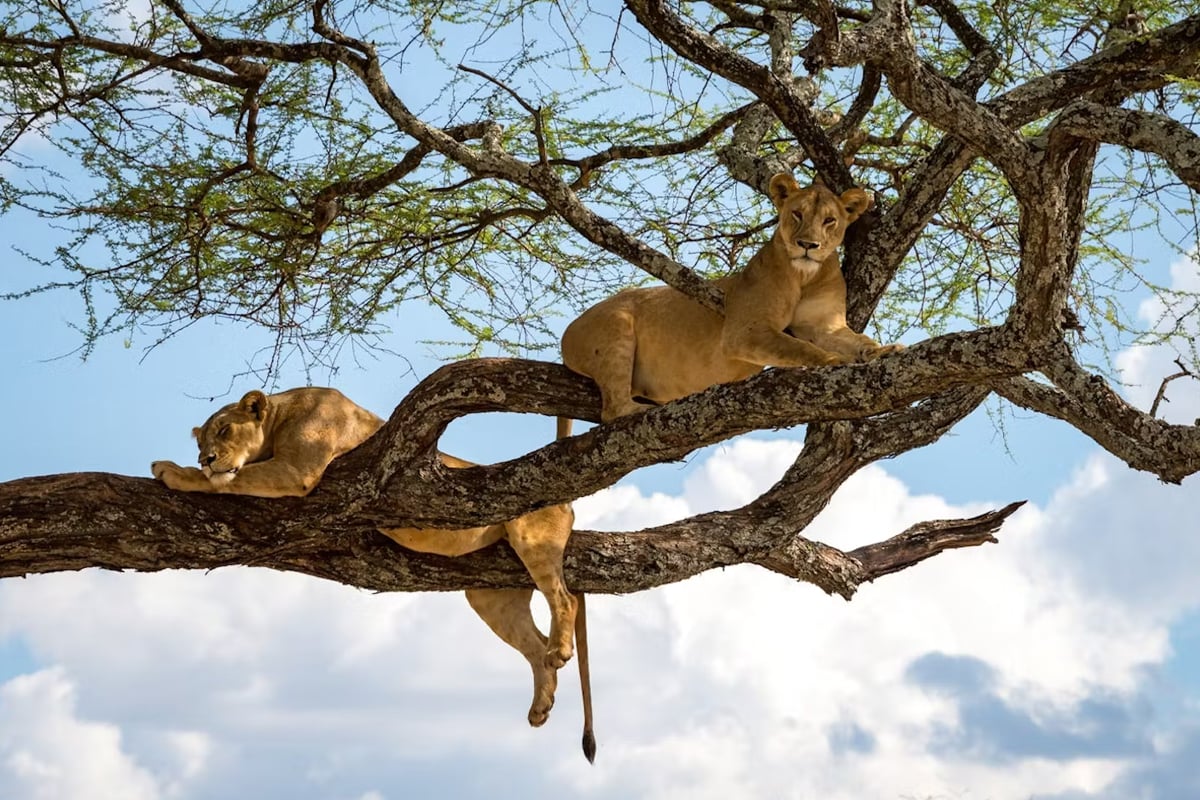Going on a safari is one of the most exciting adventures anyone can have. Imagine being up close with lions, elephants, and giraffes in their natural habitat it’s truly magical. But as thrilling as it sounds, there’s a growing need to make sure our safari experiences don’t harm the very wildlife and environments we admire. Welcome to the world of sustainable safari travel, where adventure meets responsibility.
What Is a Sustainable Safari?
A sustainable safari focuses on preserving nature, supporting local communities, and minimizing the negative impact of tourism. It’s not just about seeing animals; it’s about ensuring those animals and their ecosystems thrive for generations.
So how do you go on a safari that actually helps the environment? Let’s break it down.
Why It Matters
When tourism isn’t managed well, it can cause serious problems:
A. Habitat Destruction – Building too many lodges or roads disrupts natural habitats.
B. Wildlife Stress – Too many vehicles or tourists can stress animals out.
C. Waste Pollution – Litter and waste from lodges can pollute land and water sources.
D. Cultural Exploitation – Without fair practices, local communities may not benefit.
Sustainable safaris aim to tackle all of these issues while still giving travelers a once-in-a-lifetime experience.
How to Choose a Sustainable Safari

Here are key things to look for when planning your eco-friendly safari:
A. Eco-Certified Tour Operators Look for operators that have sustainability certifications. These companies follow strict guidelines for waste management, wildlife interaction, and carbon emissions.
B. Community Involvement Choose safaris that actively involve and benefit local communities. Whether through employment, education, or profit-sharing, community involvement is a big part of being sustainable.
C. Low-Impact Lodging Stay in lodges that use solar power, recycle waste, and limit water use. Tented camps and eco-lodges are great choices.
D. Respectful Wildlife Viewing Make sure your guides follow ethical wildlife viewing practices. This means no chasing animals, no feeding them, and maintaining a safe distance.
E. Offset Your Carbon Footprint Some safaris allow you to offset the carbon emissions from your flights or drives by contributing to reforestation or clean energy projects.
Top Destinations for Sustainable Safaris
Not all safari destinations are equal when it comes to sustainability. Here are a few that stand out:
A. Botswana Known for its high-value, low-impact tourism model. Fewer tourists mean less stress on wildlife and better experiences.
B. Kenya Home to many conservancies that work directly with Maasai communities to protect land and wildlife.
C. Namibia One of the leaders in community-based conservation. Local tribes manage and benefit from wildlife in their regions.
D. South Africa Several private reserves lead the way in eco-lodging and conservation education.
E. Tanzania National parks like Serengeti and Ngorongoro are pushing sustainable tourism efforts, especially in buffer zones.
Simple Things You Can Do
Even as a traveler, your small actions can make a big difference:
A. Bring a Reusable Water Bottle Avoid buying plastic bottles during your trip.
B. Pack Light Less luggage means less fuel needed for transport.
C. Follow the Rules Stick to designated trails, don’t litter, and listen to your guide.
D. Support Local Buy souvenirs from local artisans and eat at community-run lodges.
E. Educate Others Share your experience and talk about the importance of sustainable travel.
Benefits of Sustainable Safaris
It’s not just nature that wins. Here’s how everyone benefits:
A. Healthier Ecosystems Animals thrive in undisturbed habitats.
B. Stronger Communities Local people gain jobs and education opportunities.
C. Better Experiences With fewer crowds and more meaningful interactions, your safari becomes more memorable.
D. Long-Term Tourism Sustainability ensures that safaris remain available for future travelers.
The Future of Safari Travel
As awareness grows, more tour companies and travelers are shifting to sustainable models. Technology and innovation are helping too, from electric safari vehicles to apps that track animal movements without disturbing them.
But real change comes from travelers like you making informed choices. Whether it’s asking the right questions before booking or spreading the word afterward, your role is more powerful than you think.
A safari should be more than just a bucket-list item. It should be a chance to connect deeply with nature while doing your part to protect it. Sustainable safari experiences let you have unforgettable adventures while leaving a positive mark. So next time you plan that wild getaway, make it count for you, the animals, and the planet.











